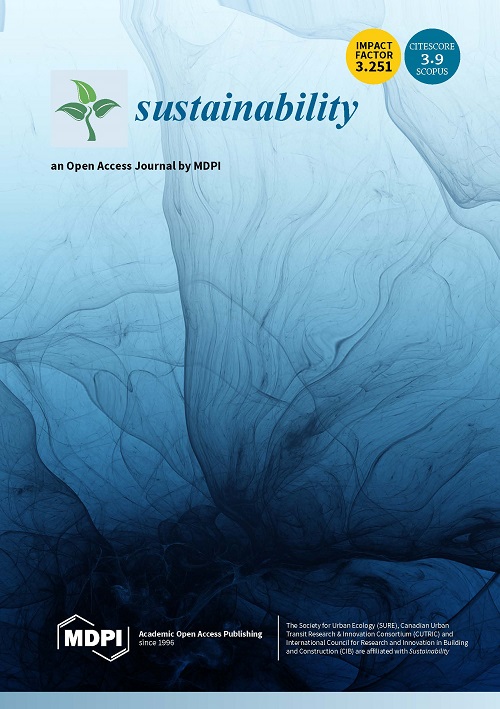In the context of increasing interest in ecosystem-based adaptation (EbA), there remains a paucity of discussion regarding the transition from perception to practice in aiding farmer households to adapt to climate change (CC) while maintaining the provision of essential ecosystem services. Thus, this study aims to explore policymakers’ and local people’s perceptions, from thinking about the implementation of EbA strategies to responding to CC in current and future agricultural production and forestry in upland Thua Thien Hue province, Vietnam. This study has adopted the Model of Private Proactive Adaptation to CC to investigate the perceptions of EbA among various administrative and household levels through in-depth interviews and focus group discussion methods. Our findings indicate a significant relationship between the perceptions and understanding of EbA among policymakers and farmer households, and the adoption of EbA practices. Many EbA practices are already well-established and have demonstrated their ability to enhance ecosystem services provision, adaptation benefits, and livelihood and food security. These benefits are crucial for helping farmer households to adapt to CC. However, current financial, technical, and market constraints hinder the broader adoption of these practices. Therefore, to increase adaptive capacity to CC and upscale EbA practices, EbA interventions must consider technical, financial, and market aspects. Furthermore, it is essential to provide evidence from both scientific and practical perspectives and disseminate information on EbA practices to encourage broader adoption by local farmers. In addition, supportive policies from various departmental and agency levels are necessary for managers in the agricultural and forest sectors as well as households to recognize EbA as a vital strategy for developing agriculture and forestry in a manner that is sustainable and resilient to CC.
DOI:
https://doi.org/10.3390/su162210094
Skor altmetrik:
Jumlah Kutipan Dimensi:



















